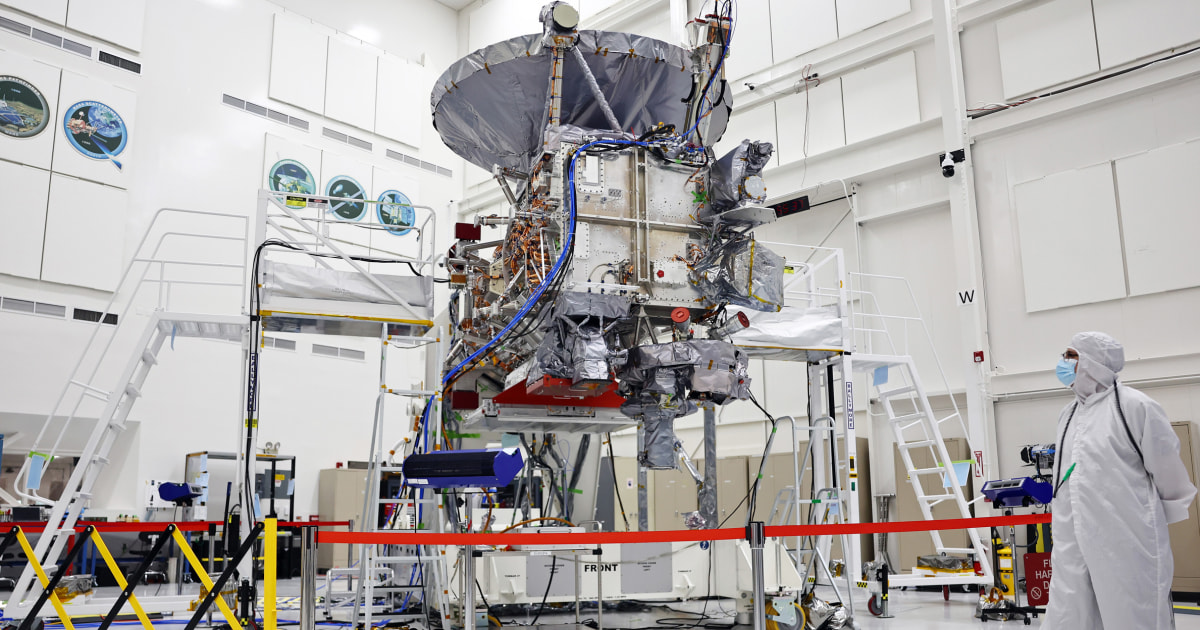Many of the identified deficiencies did not ultimately get fixed, the report added.
“Boeing’s process to address deficiencies to date has been ineffective, and the company has generally been nonresponsive in taking corrective actions when the same quality control issues reoccur,” it said.
In response to a request for comment, a Boeing representative directed NBC News back to NASA.
Catherine Koerner, the associate administrator for the Exploration Systems Development Mission Directorate at NASA Headquarters, said in a written response attached to the report that the agency holds its programs to the “highest technical and programmatic standard.”
“NASA is dedicated to ensuring that its workforce and associated contractors are qualified and properly trained to ensure the safety of its missions,” Koerner wrote.
The report included several recommendations, including levying “financial penalties for Boeing’s noncompliance with quality control standards.” The inspector general said, however, that NASA decided not to introduce any kind of financial discipline.
The 322-foot-tall Space Launch System and its accompanying Orion spacecraft are designed to launch astronauts to the moon. The eventual goal is to build a base on the lunar surface.
NASA completed an uncrewed test flight of the Space Launch System rocket and Orion capsule in 2022, a mission dubbed Artemis I. The agency is expected to launch four astronauts on the system’s first crewed flight around the moon (the Artemis II mission) in 2025.
In addition to the first-generation SLS rocket, NASA is also developing a more powerful model that can haul more cargo to the moon. Boeing is the prime contractor for the upper stage of that upgraded version, known as the Space Launch System Block 1B. The company began the work in 2014.
The initial plan called for the upgraded rocket system to be used to send the Artemis II astronauts around the moon, but the timeline has been pushed back — changes that led to delays in the development schedule and increased costs, according to the inspector general.
The new report said the SLS Block 1B version will likely cost $5.7 billion by the time it launches.
The assessment is the latest setback for NASA's return-to-the-moon program, which has been beset by holdups and budget overruns. NASA has spent more than $42 billion over more than a decade on its Space Launch System and Orion spacecraft.
Last year, NASA’s inspector general estimated that each Artemis launch would cost $4.2 billion.

 2 months ago
2 months ago
 (200 x 200 px).png)







 English (US) ·
English (US) ·